This week marks the five-year anniversary of the passage of Arizona's infamous SB 1070, authorizing racial profiling for law enforcement toward anyone they suspect to be undocumented.
Five years ago, as an undocumented immigrant myself, I couldn't help but fear for the community members in Arizona who became subjects of increased discrimination and harassment. I was in high school when SB 1070 passed, and had recently began to get more involved in activism through El Cambio, a group in North Carolina dedicated to building a strong immigrant rights' movement.
At this point in my life, I believed that it was normal that I could not get a drivers license, qualify for a job, or even attend college because of my undocumented status. Laws like SB 1070 teach youth that if they are a minority, racial profiling, discrimination, and lack of access to resources is normal.
Soon after SB 1070's passage, copycat laws were introduced and then passed in Alabama, Georgia, South Carolina and Utah. One of the most painful parts of SB 1070 is the clause allowing law enforcement to "check" the immigration status of anyone they encounter that they are suspicious of being in the country unlawfully. The countless individuals who were forced to "self-deport" themselves from these states were absolutely destroyed. I still remember speaking to a friend from Alabama who was afraid because most of the people he had grown up with in his community left. It was as if the state was trying to rid their communities of any person who was not white. In rural North Carolina, my community is a target of discrimination through law enforcement practices that work to further criminalize undocumented immigrants. Local law enforcement and businesses began to collaborate with Immigration and Customs Enforcement through programs like E-Verify, and Secure Communities. Both programs allowed law enforcement and businesses to screen individuals and know immediately if someone is undocumented. These practices became even more common after SB 1070 passed in 2010, which caused the U.S to reach record deportations of 2 million in 2014.
In addition, my family and myself continue to live in fear that we may go through a "checkpoint," in which local enforcement blocks a street and checks if someone has a valid drivers license or not. Up until 2005, hundreds of undocumented immigrants, including my parents, were still able to get their drivers licenses in the state of North Carolina, but that is no longer the case. Now that I understand how the enforcement and immigration system works, I would be lying if I said that I believe that I am less deserving of a driver's license, work authorization, equal access to higher education, and my human right of migration. I know now that just because my experience as an undocumented person was normal, doesn't mean laws like SB 1070 are right.
I'm fed up with believing that it was "normal" for my cousin to be deported to Mexico because she was stopped at a checkpoint. Joaquin Luna, an undocumented teen from Texas, committed suicide at 18 because he was fed up with his status and lost hope in his future after the Dream Act failed in 2010. It shouldn't be OK or normal, and it becomes normal when you choose to remain silent.
I refuse to be silent any longer. I came out of the closet as queer due to my involvement with GetEQUAL, a national grassroots LGBTQ network. We have seen the power of undocumented folks coming out and sharing their stories. That power is why we need to break the silence.
I have finally broken my own silence. I do not care if my undocumented status, my brownness, or even my gayness makes people uncomfortable. For many years, I worried so much about pleasing white folks that I lost touch of how much value I hold alongside my undocumented and queer community. We are powerful once we embrace and love who we really are. As undocu-queer people, we experience discrimination and harassment in such an invisible form that we have to speak up in order to survive. We have seen so many LGBTQ hate crimes and crimes against black and brown people this past year alone that it has made me lose hope for my future. A black transgender woman has a life expectancy of 35 years: I wonder how long an undocumented black transgender woman has to live.
SB 1070 was an awakening for social justice movements in the United States -- it showed queer undocumented people that it's up to us to take action and demand our full social and legal equality. We cannot continue to compromise our human rights when LGBTQ undocumented immigrants are dying in detention centers. We cannot continue to compromise our human rights when bigoted lawmakers want to make discrimination legal under the guise of religion.
We saw it happen in Arizona in 2010 and in Indiana in 2015 -- once we accept legalized racism, racial profiling, homophobia, transphobia, anti-blackness and misogyny as "normal," we lose. Fortunately, we have a choice to make -- and I choose to fight back.
LUIS AGUILERA GARCIA is GetEQUAL's Immigration Campaign Coordinator.
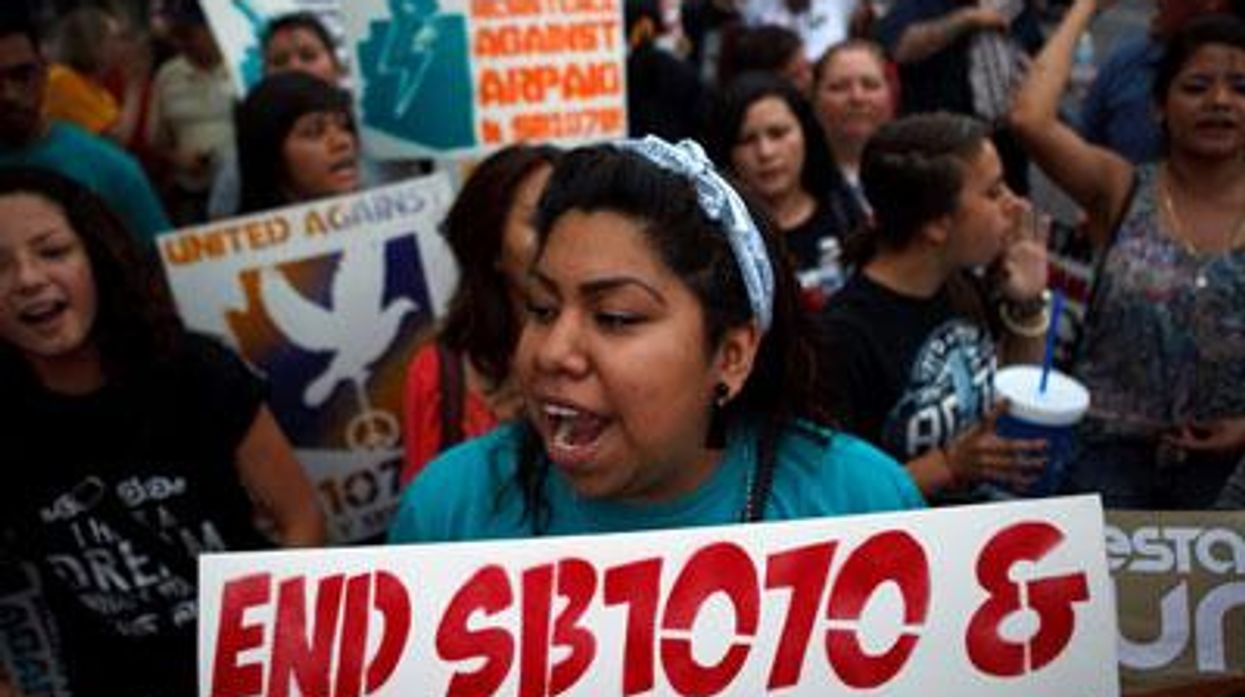
















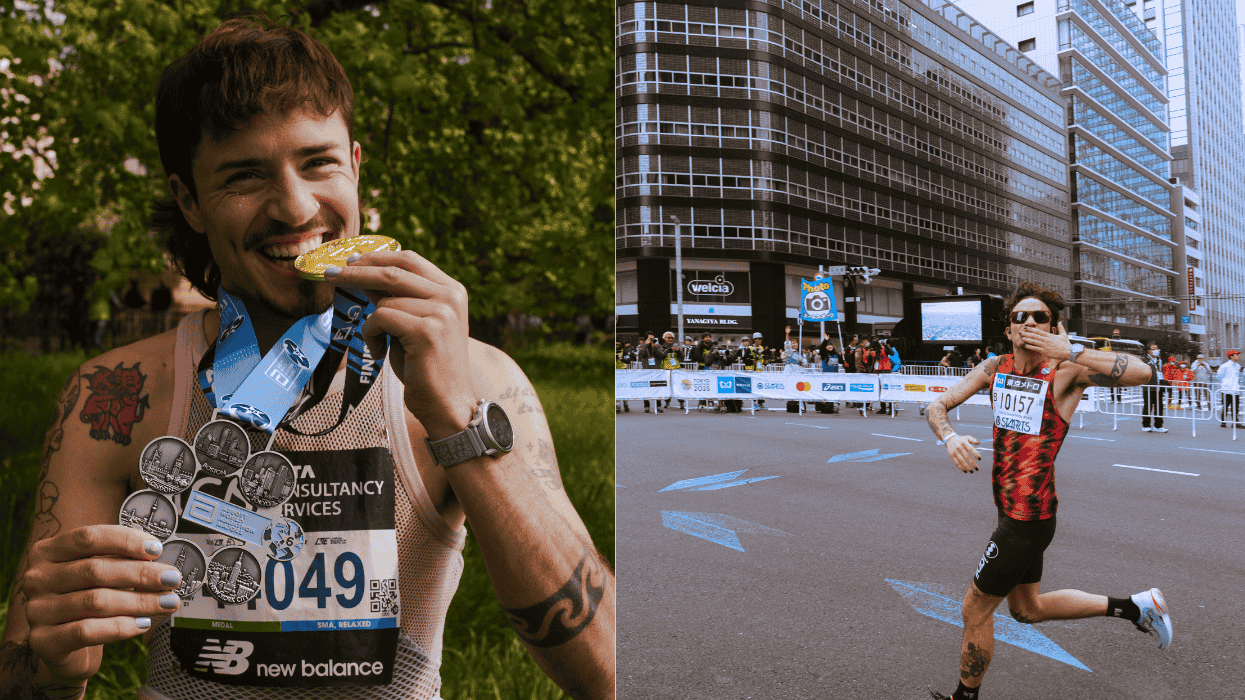






















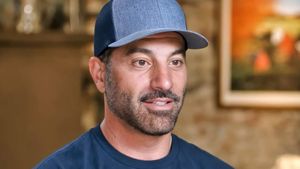




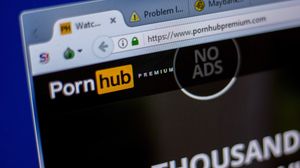







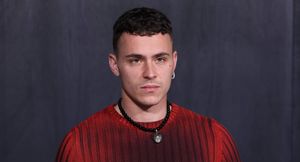












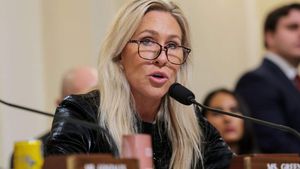

Charlie Kirk DID say stoning gay people was the 'perfect law' — and these other heinous quotes